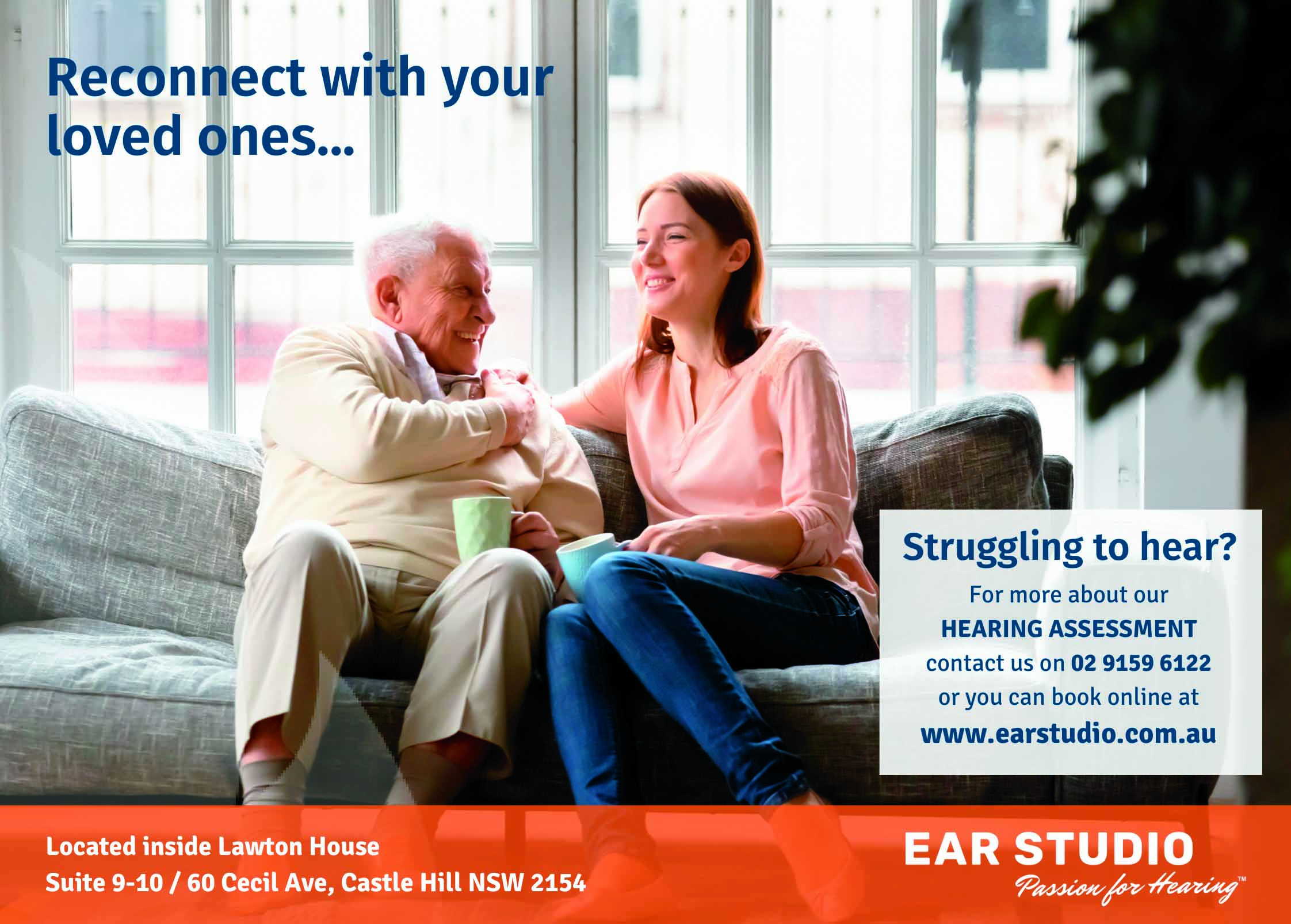
Did you know that mild hearing losses are the most prevalent type of hearing loss in the world? While some people report no problems when they have a mild or minimal hearing loss, for others, it can cause difficulties when listening in day-to-day situations. These people often experience greater perceived lifestyle limitations, reduced emotional well-being and decreased sense of independence.
Minimal hearing loss is defined as a hearing loss that is just outside of the normal range of hearing, or a hearing loss in one ear or one that is only at the high frequencies or pitches. The terms ‘minimal’ and ‘mild’ can lead to confusion because it can imply that they do not have large or negative impacts or consequences. Research has identified though, that any degree of hearing loss can adversely affect people’s lives; by impacting on social, cognitive, and educational factors. Untreated hearing loss is further considered a risk factor for brain atrophy and cognitive decline.
The most noticeable impact of a minimal hearing loss is the increase in listening effort which means that more attention is required to follow conversation. When someone is recognised to have a mild or minimal hearing loss, it is likely they will receive little or no intervention. However, it is important if any type or degree of hearing loss is having an emotional or social effect on an individual, this should be addressed. It is our job as professionals to understand the impact on the individual and ensure we provide the best care regardless of how small the problem may seem on paper.
People with minimal hearing losses may benefit from using hearing aids, or they may not. This outcome will not be known without trialling devices. Additionally, other management options such as assistive listening devices, auditory training and communication strategies could reduce listening fatigue and increase hearing enjoyment for the individual.
Hearing is one of our most important abilities and directly impacts the quality of our lives. A person with mild hearing loss may hear well in quiet situations. While in other situations, they are not hearing as well and struggle to understand another person talking. People may attribute this problem to the situation and not to their own hearing. It can be years later before the individual discovers that it is their hearing that is responsible for the loss of clarity and not the situation only. It is important that as soon as hearing problems like these are noticed, a hearing test is completed. Here at EAR STUDIO, we assess all aspects of hearing, and we consider with care what impact a hearing loss has on their life. Together, we can discuss if a hearing solution is appropriate at this stage or may be useful in the future.
If you are experiencing any hearing concerns and would like to have your hearing professionally assessed, come and see us at our clinic in Castle Hill. Bookings via 02 9159 6122 or at earstudio.com.au





